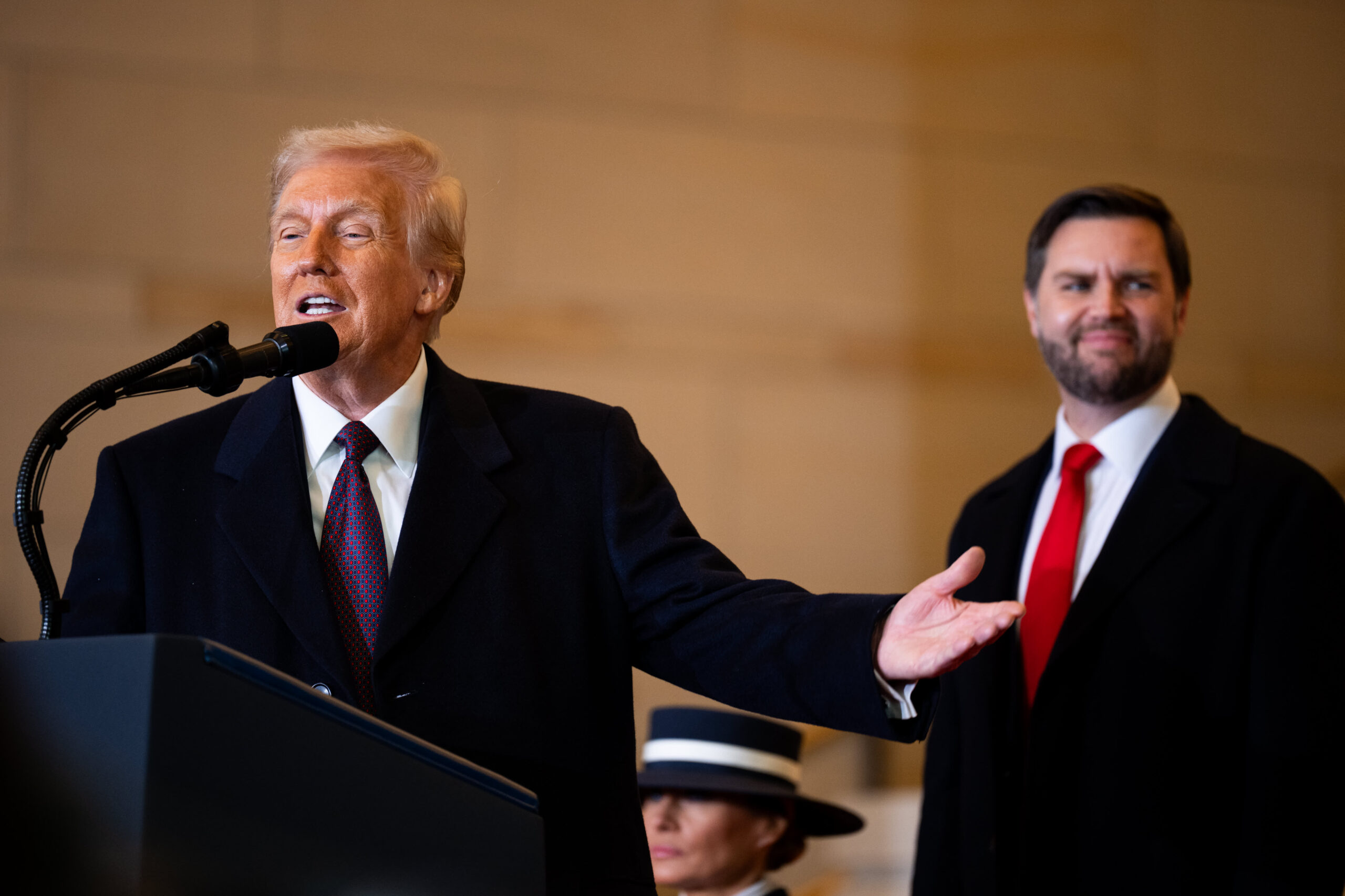MATHURA: Indian Prime Minister Narendra Modi has drawn up new targets to boost farmer incomes as he seeks to secure his legacy of reforming the world’s largest democracy and tries to assuage a key voting bloc disillusioned by his government’s past failures.
Modi, who is eyeing a rare third term in ongoing elections, wants to lift rural per-capita income by 50% by 2030, according to documents reviewed by Reuters.
He plans to raise incomes in the hinterland by increasing corporate investments in agriculture to 25% of the overall investment in the sector from 15% now and increase non-farm jobs through strengthening small-scale industries, the documents prepared by Modi’s administration show.
Modi’s focus on reforming the agricultural sector and improving the rural standard of living is crucial to sustain India’s fastest-growing tag without increasing inequality between urban and rural Indians that has worsened during his term.
“While agriculture occupies a shrinking share of India’s gross domestic product, it still accounts for more than 40% of the labour force,” Milan Vaishnav, an expert on South Asian politics and economy at the Carnegie Endowment for International Peace think-tank.
“I think Modi’s economic legacy will hinge, at least in part, on what happens to this large share of rural dwellers.”
But having failed to double farmer incomes by 2022 as promised in 2016 during his first tenure, the new targets are less ambitious and are likely to face scepticism in many parts of the rural community.
Modi’s last big reform push was met with violent protests by farmers that forced him to repeal three farm laws in 2021 aimed at increasing corporate participation and deregulating the sector that accounts for about 20% of the economy.
Modi has set out a broad plan for the country of 1.4 billion to become a developed nation by 2047 when it will mark 100 years of freedom from British rule, and transformation of the farm sector is key to that objective.
By then, Modi wants corporate investments in agriculture to jump to more than 40% by 2047 which will aid mechanised farming, help develop more warehouses, cold storage facilities and food processing units.
The new targets, however, are seen by many farmers spoken to by Reuters in Uttar Pradesh, Maharashtra and Odisha as tough to achieve.
“Forget about doubling our incomes, they are in decline,” 32-year old Sanjay Kumar said while sitting besides his wheat at an auction market in the ancient city of Mathura in the northern state of Uttar Pradesh. “Input costs for farming have increased, but the rise in prices for our crops are not commensurate. How will incomes rise?”
Rural wages have indeed stagnated during Modi’s rule. Real rural wages growth was around 1% in 2023 after contracting nearly 3% in the previous two years, according to credit rating agency ICRA, while salary growth in urban areas was about 10%.
“Modi ji is always talking a big game, making all these promises and painting these grand pictures for us,” said Kishore Patil, a cotton farmer in the western state of Maharashtra, using a term of respect for the leader. “But when it comes down to it, he never follows through.”
Opinion polls had predicted Modi’s Bharatiya Janata Party (BJP) and its allies could win up to three-fourths of parliament’s 543 seats at stake, but lacklustre voter turnout is creating doubts about the outcome.
There are no term limits for the prime minister but this could be Modi’s final tenure in office if he sticks to an unwritten party rule that calls for leaders to quit public office after the age of 75. Modi turns 74 in September.
Emails seeking comments from the prime minister’s office, and the ministries of finance, agriculture, information and broadcasting and were not answered.
Farmers are also sceptical about plans to increase corporate participation in the sector.
“With a system with companies around, we are fearful that if anything goes wrong, we will lose control of our land and our crops,” said Arun Kumar, a wheat farmer in Mathura.
The government “should explain things to us properly so that we are aware of the pros and cons of higher corporate investments,” Kumar added.
The documents did not show if the government had plans to bring back the farm laws to increase corporate investment in the sector. — Reuters

